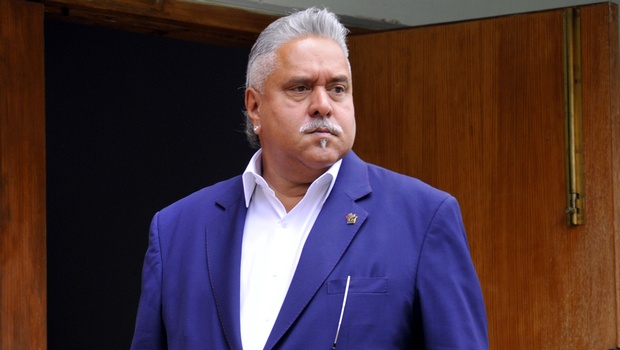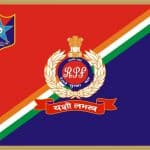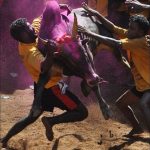What is MLAT?
- MLATs are agreements between two or more countries, which create obligations under international law for governments to assist one another in criminal investigations and prosecutions.
- Law enforcement officers or prosecutors use them when they need help to obtain evidence from within another country’s jurisdiction.
- It pertains to mutual assistance in the investigation and prosecution of crime and the tracing, restraint and confiscation of the proceeds and instruments of crime.
- It can be both bilateral as well as multilateral.
- India has signed MLATs with 39 countries.
- In money laundering cases, they can be extremely useful as a means of obtaining banking and other financial records from treaty partners.
- Article 11(d)- It provides that as part of the mutual legal assistance, in the matters of investigation and prosecution of any criminal offence, the countries can seek “transfer of persons, including persons in custody, for the purpose of assisting in investigations or giving evidence in proceedings”.
Can a country refuse to comply with a request for information?
- MLATs contain permissible reasons for rejecting a request. A few of them are:
- The request would interfere with the receiving state’s sovereignty, security, public order, or other essential public interest.
- The offence is of a political nature.
- There are substantial grounds to believe that the prosecution is based on a person’s race, sex, religion, nationality, ethnic origin or political opinions or they will be prejudiced on those factors.
- If the offence is not equally punishable in the receiving state.
Types of assistance that can be provided under MLAT
- Obtaining witness testimony (either voluntarily or by compulsion)
- Executing search warrants
- Obtaining bank records
- Freezing or forfeiting the proceeds of crime.
Vijay Mallya Case
- The businessman and his now defunct airline owe over Rs. 9,000 crore to a consortium of 17 banks.
- The case against Mr. Mallya was first registered by the Central Board of Investigation (CBI) a year ago.
- Based on the CBI case, the Enforcement Directorate (ED) has launched money laundering investigations and attached assets worth Rs. 1,411 crore.
- He flew out to London on March 2, 2016.
- An Indian national can be brought back in three ways:
-
- by deportation
- by transfer under the MLAT
- through procedures as provided under the extradition treaty.
- The agencies sought his deportation on the grounds that his diplomatic passport had been cancelled by the Ministry of External Affairs (MEA).
- Through a note verbale, the U.K. government turned down India’s request stating that his travel documents were valid when he entered the country.
- However, acknowledging the seriousness of the allegations against him, the U.K. authorities asked the Indian government to consider requesting mutual legal assistance or extradition. The two countries signed the MLAT in 1992.
- Article 11(d) of the MLAT will be invoked, citing the findings and legal documents related to the case against Mr. Mallya.
- The ED has readied a formal request to be sent to the U.K. under the MLAT for his “transfer”.
- The application will soon be forwarded to the Ministry of Home Affairs (MHA) which is the nodal agency for seeking or providing mutual legal assistance from, or to, other countries in criminal law matters under the MLAT.
- After go-ahead by the MHA, the request will be forwarded to the U.K. government through MEA.











